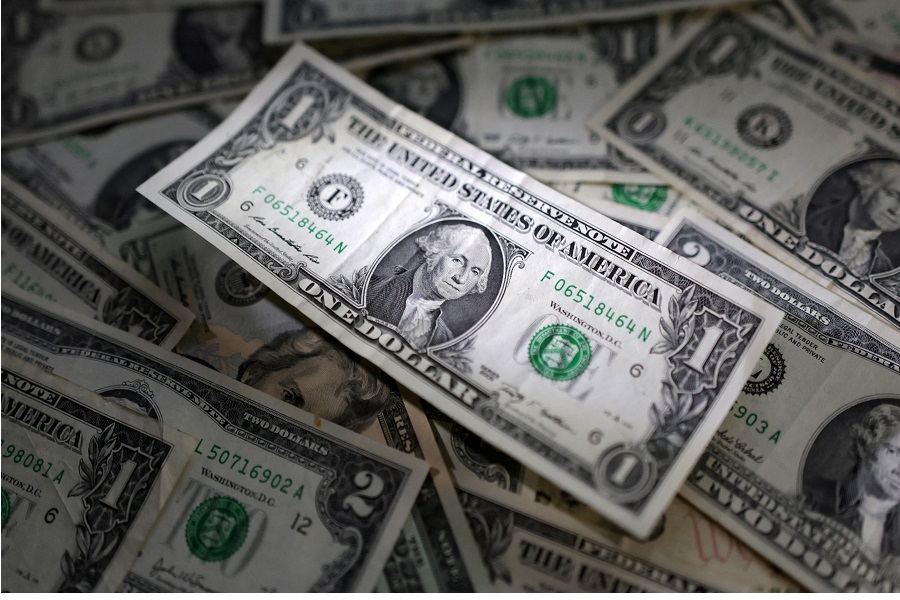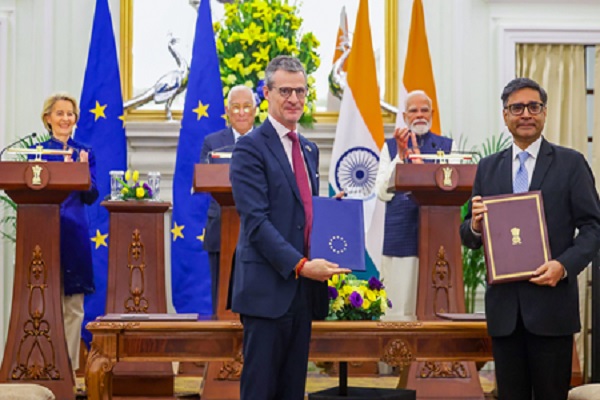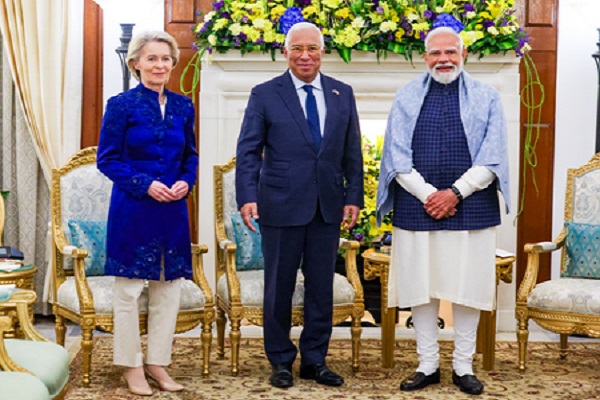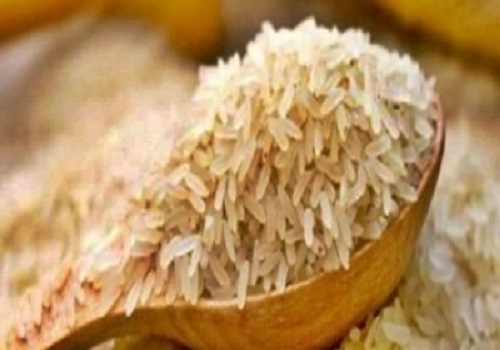India's Pulse Policy Pivot Extends Duty-Free Yellow Pea Imports by Amit Gupta, Kedia Advisory

India contemplates extending duty-free yellow pea imports till May to stabilize pulse prices amidst production concerns. With tur and chana output facing challenges, the move aims to bridge supply gaps and prevent market distortions, bolstering domestic affordability and availability.
Highlights
Extension of Duty-Free Imports: India is contemplating extending duty-free imports of yellow peas until May to address price concerns and ensure an adequate supply of pulses, particularly tur and chana. The move is prompted by a decrease in tur crop production and anticipated low yields for chana due to reduced acreage and productivity.
Supply-Demand Dynamics: Tur production is already declining, and there are worries about chana output. Although fresh chana is entering the market, the quantity is currently low, and supply is expected to increase gradually throughout the month. Extending duty-free imports of yellow peas aims to bridge the gap between supply and demand, especially considering the interplay between yellow pea imports, chana, and other pulses in the domestic and international markets.
Balancing Market Dynamics: Authorities are cautious about extending duty-free imports for too long, fearing market distortions and hoarding by traders. A short-term extension is preferred to maintain market stability and prevent excessive stockpiling.
Policy Background: Initially, a 50% import duty was imposed on yellow peas in November 2017. However, to counter rising pulse prices, duty-free imports were permitted until March 2024, later extended till April. Pulse prices have significantly contributed to high food inflation, with retail inflation in pulses reaching 18.48% in February.
Production Estimates: The second advance estimate by the agriculture ministry suggests a marginal decrease in gram or chana production compared to the previous year. Tur production estimates have also been revised downwards.
Impact on Market Stability: Significant imports of yellow peas are expected to stabilize prices of chana and tur dal amid projected supply shortages of these pulses. India has already imported a substantial amount of yellow peas, primarily from Canada and Russia, with further imports expected by June-end.
Economic Implications: The extension of the import window for yellow peas was initially intended to support Indian farmers, but geopolitical conflicts and subsequent delays have led to a substantial drop in domestic prices.
Import Dependency: India heavily relies on imports to meet its domestic demand for pulses, sourcing them from various countries. Despite some improvements since 2011, there remains a significant gap between demand and domestic production, necessitating annual imports of 2.5-3 mt of pulses.
Conclusion
In the complex landscape of India's pulse market, the decision to extend duty-free yellow pea imports emerges as a strategic maneuver to mitigate the impact of production shortfalls on tur and chana. By balancing short-term import incentives with long-term market stability, policymakers aim to navigate the delicate equilibrium between domestic demand and international supply. However, careful monitoring and timely adjustments will be crucial to prevent unintended consequences such as market hoarding and prolonged price volatility. Ultimately, the extension underscores India's proactive approach to managing its pulse economy, ensuring both farmer livelihoods and consumer affordability remain at the forefront of policy considerations.
Above views are of the author and not of the website kindly read disclaimer























